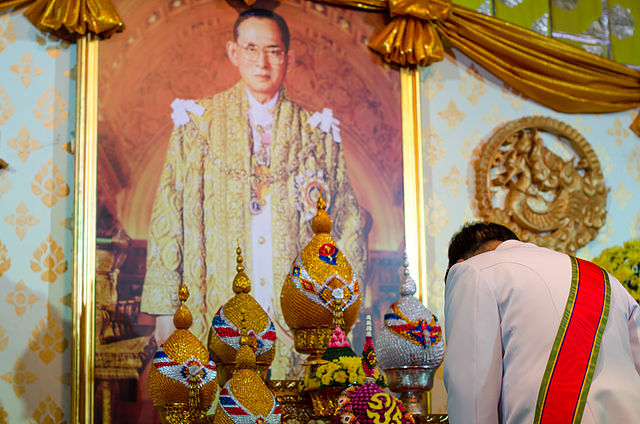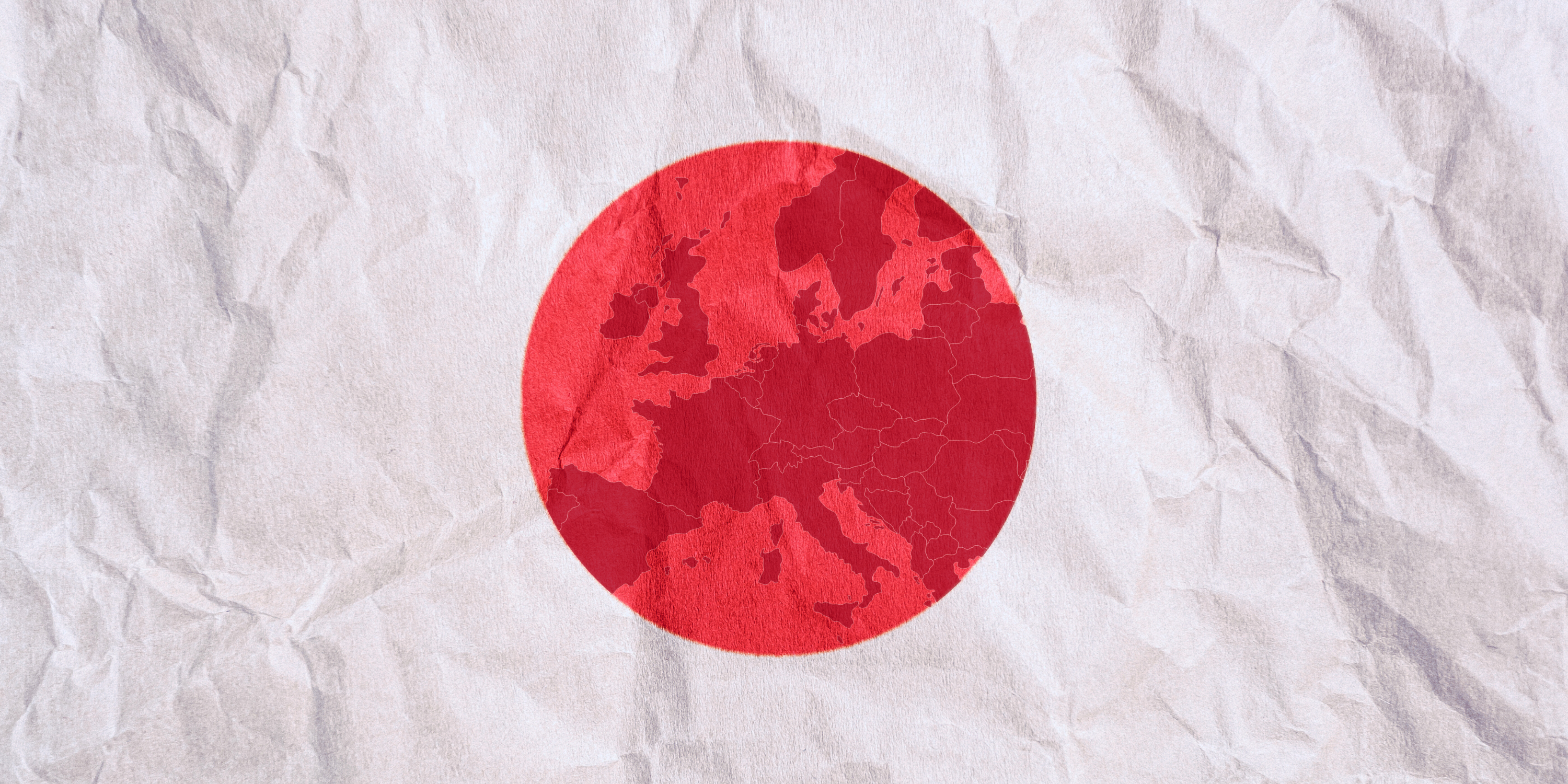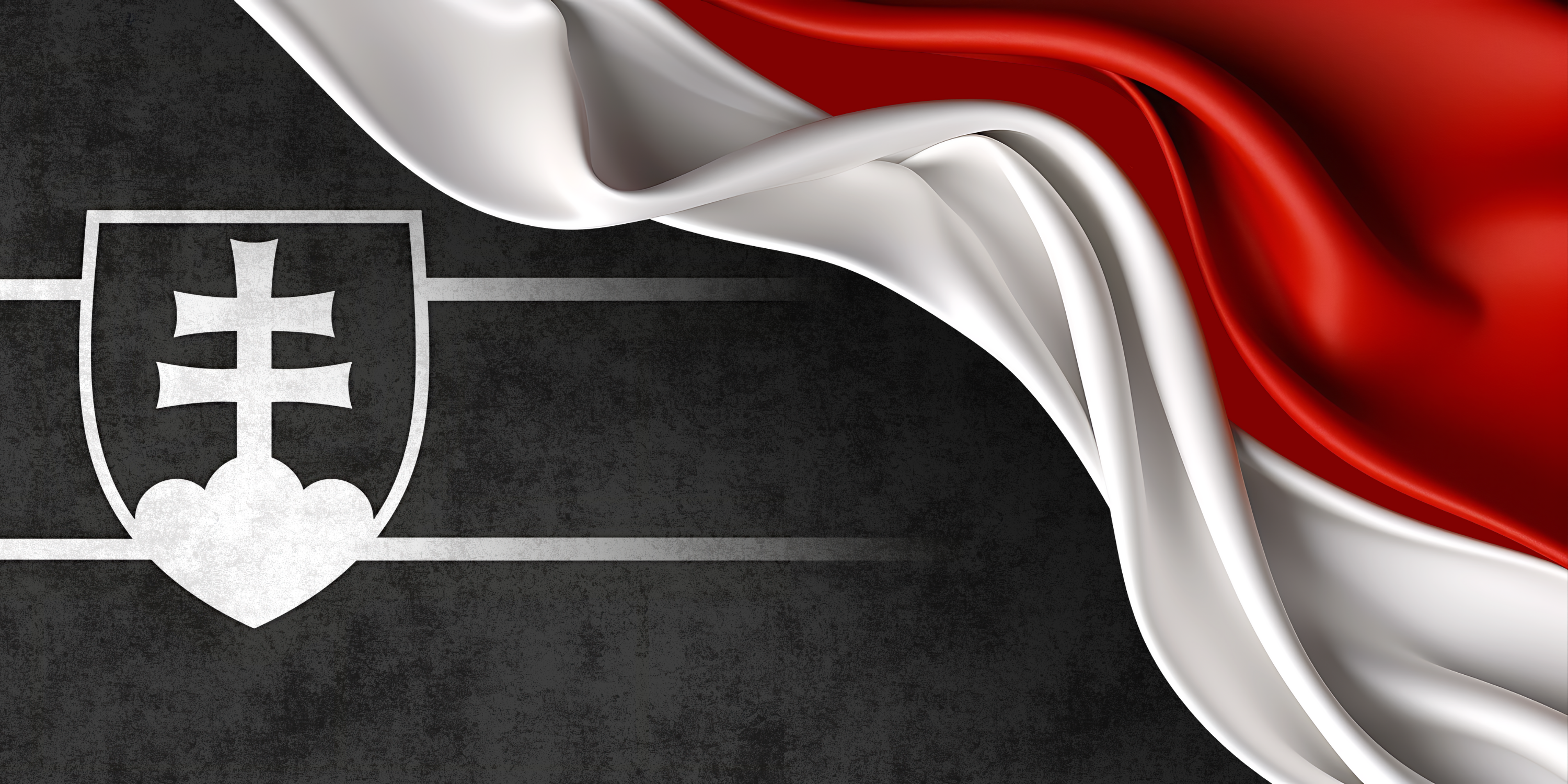 It has been a tumultuous year in Thailand. In May, the Thai army rushed to overthrow the remnants of a democratically elected government, putting an end to the months of protests which once again uncovered the deep political polarization of the Thai society. The actions of the military government (although nominally civil, with generals having shed their uniforms) have set back the clock of democratic development in Thailand. Elections are now not expected until February 2016. In the meantime a new constitution will be drafted and, most importantly, the political system is to be purged of the influence of the populist forces of Thaksin Shinawatra, the brother of the former Prime Minister and the archenemy of traditional Thai elites. The stagnant economy, deeply hurt by the loss of tourists, needs to be put back on track. Yet, another challenge looms ahead. The Thai King Bhumibol, a universally revered symbol of the state, is ailing. As the royal succession grows imminent, speculation thrives. The heir apparent, prince Vajiralongkorn is not the one majority of Thai people and elites more so want to see sitting on the throne. The death of the king thus may spur an intense crisis.
It has been a tumultuous year in Thailand. In May, the Thai army rushed to overthrow the remnants of a democratically elected government, putting an end to the months of protests which once again uncovered the deep political polarization of the Thai society. The actions of the military government (although nominally civil, with generals having shed their uniforms) have set back the clock of democratic development in Thailand. Elections are now not expected until February 2016. In the meantime a new constitution will be drafted and, most importantly, the political system is to be purged of the influence of the populist forces of Thaksin Shinawatra, the brother of the former Prime Minister and the archenemy of traditional Thai elites. The stagnant economy, deeply hurt by the loss of tourists, needs to be put back on track. Yet, another challenge looms ahead. The Thai King Bhumibol, a universally revered symbol of the state, is ailing. As the royal succession grows imminent, speculation thrives. The heir apparent, prince Vajiralongkorn is not the one majority of Thai people and elites more so want to see sitting on the throne. The death of the king thus may spur an intense crisis.
King Bhumibol is the longest reigning monarch in the world, having ruled Thailand since 1946. Bhumibol has been a unifying figure for the Thai people, enjoying almost godly respect. The strict lèse-majesté laws prevent any criticism of the monarchy and have also proved to be a useful tool against the political opponents. Bhumibol has also acted as a political mediator, stepping into conflicts and applying his authority, although he has always ultimately clearly stood on the side of conservatives. Yet, in the past few years, he has largely disappeared from public eye, mostly due to his deteriorating health. He no longer lives in Bangkok, instead opting for a royal residence in seaside Hua Hin. The king has canceled his public appearance for the official celebration of his 87th birthday on December 5th and concerns about his health are growing.
The Thai royal family is one of the richest in the world – estimates put Bhumibol’s net worth at some $30 billion. The wealth, power and authority of the monarchy attracts the elites coming from the ranks of the military, bureaucracy and largely Bangkok-concentrated royalist cycles. These have an imminent interest on preserving the role of the monarchy and keeping the system intact. A direct challenge to the preservation of the system has been the Thaksinist revolution of Thai politics. Coming to power in 2001, the former business tycoon Thaksin Shinawatra shook the foundation of the political system, giving voice to rural and poor Thais from northern Thailand. Although overthrown and having fled Thailand after 2006, Thaksin’s influence is still a dominant force in Thai society.
Here, the heir apparent comes into play. Prince Vajiralongkorn’s public image is in striking contrast to his father. Widely seen as arrogant, pompous and fond of lavish and playboy lifestyle, Vajiralongkorn commands contempt, not respect. Yet, what is seen as a gravest sin by the traditional elites is his association with the Thaksinist forces. During Thaksin’s time in office, Vajiralongkorn sought to build an alliance with Thaksin to gain popular support for his own position. In so doing, the prince has stirred up concerns that Vajiralongkorn, as a future king, will serve as a conduit for Thaksin’s influence to penetrate Thailand and eliminate the power of previous elites.
Although the primary intention of the May coup may have been to put an end to political impasse and drive out the Thaksinist influence once and for all, it seems that the military also wanted to wrest control in preparation for the royal succession. Indeed, it appears that Vajiralongkorn has realized the nature of the situation and has tried to mend fences with the military since the coup. The most showing step by the prince has been the elimination of his wife (already his third) and royal princess Srirasmi who has not been deemed worthy of a royal position due to her problematic past. Srirasmi’s close relatives got engulfed in a corruption scandal and were accused of insulting the monarchy in December. The princess was subsequently stripped of royal titles together with her family members and the couple got divorced. Vajiralongkorn is now expected to take his mistress, who is thought to have given birth to prince’s son, for a new wife.
The crown prince seems to be intent to make amends with the military to smooth his road to throne. A basic arrangement which stood as the cornerstone of Thai state for decades thus may remain intact. Still there is a speculation that Vajiralongkorn’s sister, princess Sirindhorn, is a preferred choice for Bhumibol’s successor by the military. In light of current events though, it seems unlikely that the military would try to push the princess to throne. What remains almost clear though, is that the death of Bhumibol will herald an end of an era for a Thai monarchy and Thailand itself.
Image credit: Wikimedia






